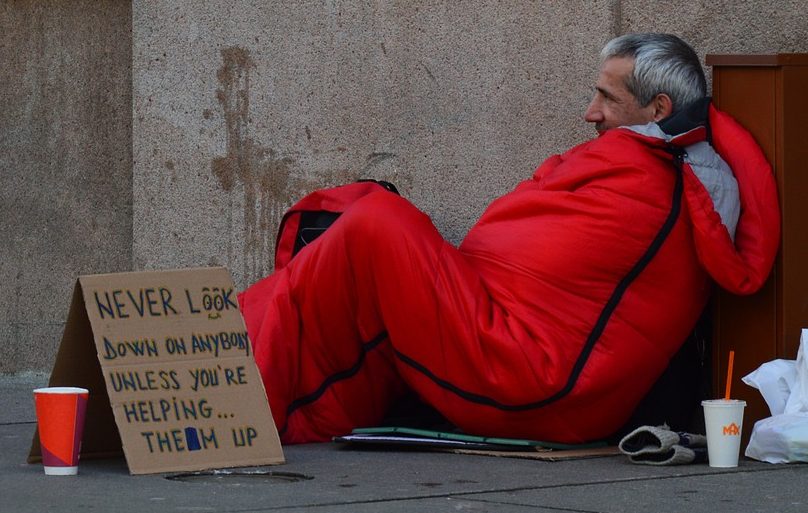
Those less fortunate are getting a helping hand, thanks to some provincial funding.
The Ontario government has earmarked just over $2-million to support social services in Chatham-Kent and surrounding Indigenous communities as the pandemic drags on.
$1.9 million comes under the Social Services Relief Fund to help with people needing emergency housing.
“We’ve seen a huge uptake since the pandemic of people requiring housing, the local housing market of course is very expensive,” Polly Smith, Chatham-Kent’s Director of Employment and Social Services says. “This will help the municipality to continue these services, and also plan for the future.”
The remainder of the funding, roughly $140,000, will be administered by the department’s Housing Services division, aimed at capital repairs in housing stock in Chatham-Kent.
Smith says the funding comes as a relief. She says emergency housing remains their greatest need.
“Without it, we would have had to turn to reserves or we would have had to shut the program down, and that would have meant a huge amount of trauma to community members. These are residents of our community experiencing homelessness, and that would have created a lot of incredible hardship as well as encampments all over, we’re already struggling and challenged with that.”
Municipalities and Indigenous community partners can use the funding to protect homeless shelter staff and residents, add to rent banks, build affordable housing, and support plans to prepare for potential future outbreaks and/or emergencies.
Each night in Chatham-Kent, Employment and Social Services provides emergency housing for roughly 60 people, primarily in hotels.
“This includes families, sometime seniors, that have lost their places to live, generally through rent arrears, challenges, sometimes evictions because the building is sold.”
While the issue of homelessness and poverty has certainly been thrust into the spotlight over the last year and a half, Smith says a number of people being given support were experiencing hardship and trauma before COVID-19, but the pandemic has made their situations worse.




